The night before a recent client trip to Melbourne I sent a brief text to Felicity, my co-founder: “Not sure I’m going to make it,” I typed. “Am in the emergency room.”
Earlier that day I’d been pushing my children in the pram, on the way to the playground, when my three-year-daughter fell off the toddler skateboard attached to the back.
Two hours later she started vomiting. Repeatedly.
Fearing concussion, I rushed her into hospital, where, fortunately – and in the manner of children everywhere – she made a full and dramatic recovery the moment we walked through the doors of the ER. While my husband stayed home with our son, I spent the next six hours at the children’s hospital, where she remained under observation. Finally, at 1.30am, and after a CT scan, she was given the all-clear. Tentatively, I asked the doctor whether it would be wise to cancel my trip. Glancing at my daughter, quietly singing the theme song to Frozen to herself, while other (actually) ill children moaned and cried around us, he replied drily, ‘I think it should be fine’.
By the time my daughter and I both fell into bed at 1.30am, I was still prevaricating – torn between the desire to stay home cuddling her (just in case!) and the need to attend a series of meetings.
Reader, I got on the flight. Stress-free, it wasn’t. But then no one ever promised working motherhood would be.
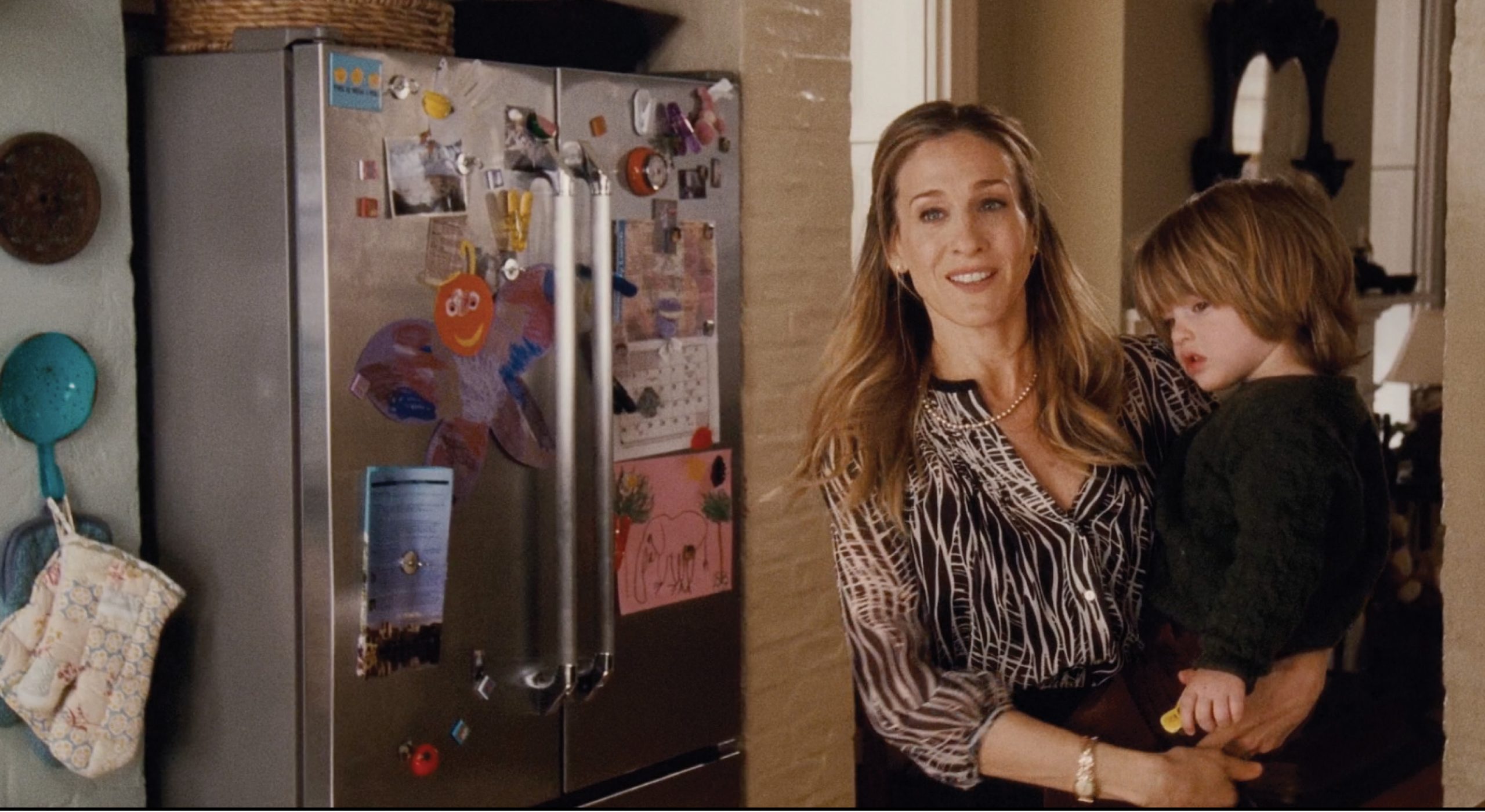
Every working mother I know has some variation of this story. Whether it’s a case of Hand-Foot-And-Mouth disease on the eve of a work trip or a late-running meeting that ends in a panicked cross-city dash to make daycare pickup, working motherhood can sometimes feel like one long, poorly scripted slapstick comedy where all the jokes are on you (and your kids). It’s little wonder, then, that when I email a dozen friends to ask what three words they’d use to describe working motherhood, they all reply “tiring” or “exhausting”. Most used the word “chaos”. One (extremely glamorous magazine executive) used language that is totally unprintable.
And it’s true: working motherhood is tiring, exhausting and chaotic. And that’s before you take into consideration the broader, systemic issues at play – the rising cost of childcare, the so-called mental load, the stubborn persistence of pregnancy discrimination. The list goes on.
But working motherhood can also be joyful, fulfilling and funny – and now two US academics are calling for women to embrace the upsides, rather than focusing so relentlessly on the struggles. They describe this approach as Maternal Optimism, and have written a book of the same name explaining why we need it so desperately now. “We see too much conversation about the challenges,” says the book’s co-author Danna Greenberg, who is a professor of organisational behaviour at Babson College in the US. “And there’s not enough about the joys and opportunities that come on both the family side and the work side of integrating those two spheres of one’s life,”
We see too much conversation about the challenges and not enough about the joys
Dr Greenberg argues that every day, we’re faced with negative stories about working motherhood – whether in the news we consume, or in the frazzled and harried portrayals of us in popular culture. “Sarah Jessica Parker in I Don’t Know How She Does It is the big one.”
But working motherhood can be challenging, I venture. And positive thinking can’t solve women’s most pressing issues – or magically reduce childcare costs or deal with pregnancy discrimination. “No,” concedes Dr Greenberg, who co-wrote Maternal Optimism with Dr Jamie Ladge, in a phone interview. “But I think we’ve allowed the hardness and complexity and the challenges – and the real lack of support that many of us face from our organisations or government infrastructures – to totally override some of the positivity that exists in this story.”
And there are plenty of positives. Although many women work because there’s a financial imperative (and would choose to stay home if they had the choice), working can also bring a sense of enjoyment. I love my kids – they are joyful, slightly mad individuals with exceptional comic timing. However, I also love the intellectual challenge that comes with my job.
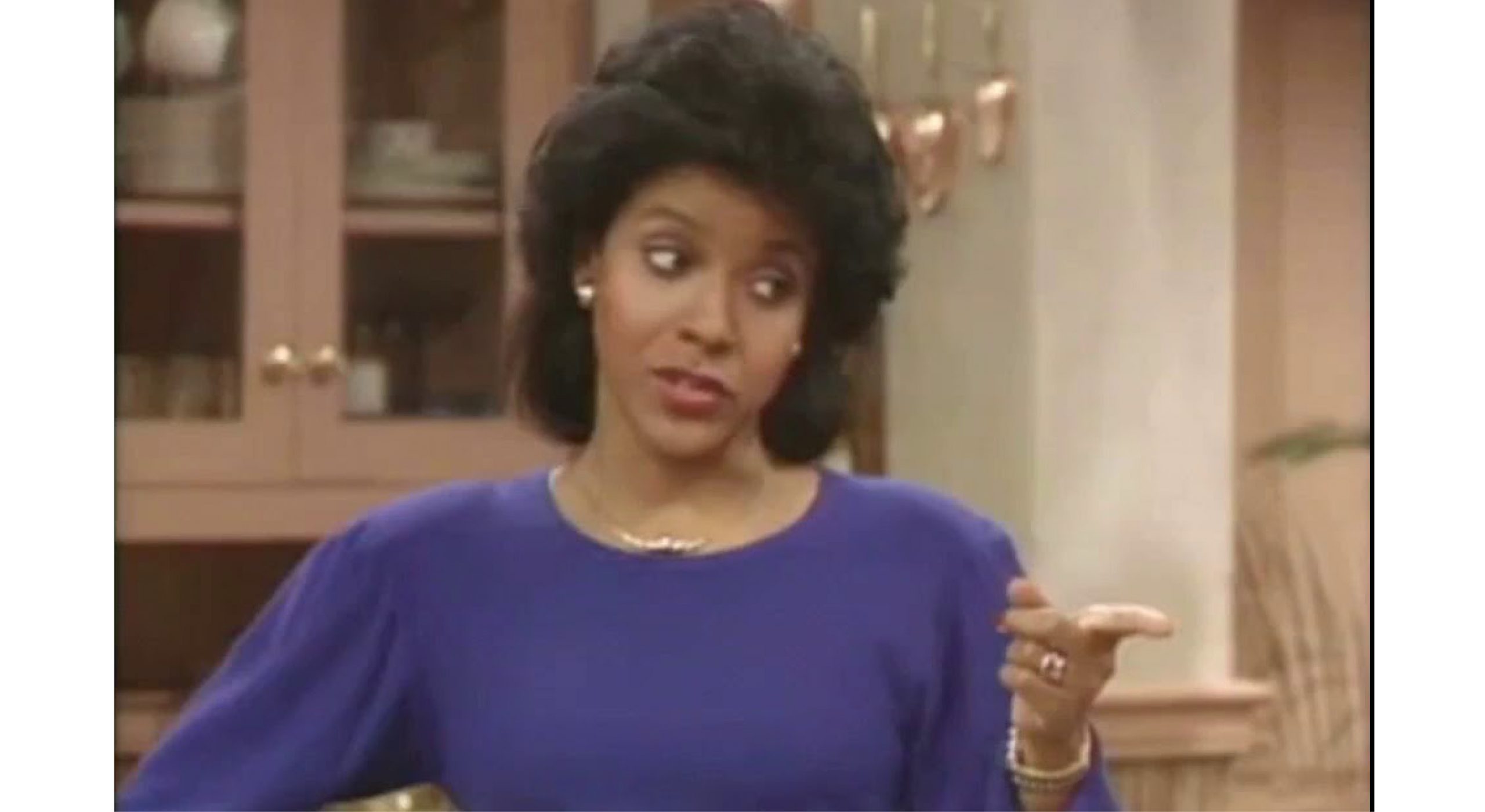
Interestingly, according to numerous studies including those cited in Maternal Optimism, mothers who work are physically and mentally healthier than those who don’t. “It’s a bit of a paradox,” explains Marian Baird, professor of gender and employment relations at the University of Sydney. “We know that mothers who work are generally healthier and have more economic independence. We know mothers generally like being at work… it gives them an alternative to the home. It gives them social stimulation and personal recognition.
“But at the same time we know that they are under pressure or stress to get home on time pick up children from childcare and do all their other housework – unpaid work – in their non-paid work time. So those things are not mutually exclusive. You can have those stress levels and still have a positive sense of being at work.”
Dr Baird is careful to point out, though, that health benefits only apply when women enjoy their jobs. “Mothers perform best when they’re in jobs where the hours are predictable, the wages are reasonable and where their autonomy is high.”
You can have [high] stress levels and still have a positive sense of being at work
Under these conditions, women might also discover a new sense of perspective, adds Dr Greenberg. “[Working motherhood means] that something else occupying your interest, your attention and your emotional energy,” she says, pointing to studies involving female scientists that found while the women initially viewed the fact that they couldn’t be in the lab 24-7 anymore “completely as a negative”, they soon came to realise that “having that break gave them the space, away from their research, to think about things and come back refreshed”.
Or, as Justice Ruth Ginsberg once wrote of her experiences in combining legal studies with motherhood, “each part of my life provided respite from the other, and gave me a sense of proportion that classmates who only focused on law studies lacked”.
It’s a sentiment that resonates with Kate Pollard, co-founder of CircleIn, which helps women transition from maternity leave back into work. “Becoming a parent can change you in quite fundamental and amazing ways. Your priorities shift, and that can actually be a good thing for both your work and home life.”
The idea that motherhood might make you even better at your job might seem counter-intuitive, but many women report that they’re actually more efficient post-babies. Just ask Gwyneth Paltrow who once said that she actively hires working mums because “that bitch will get things done”. Or the journalist Caitlin Moran, who has written that mothers are by nature “superhumanly productive”, adding “Give a new mother a sleeping child for an hour, and she can achieve 10 times more than a childless person.”
Give a new mother a sleeping child for an hour, and she can achieve 10 times more than a childless person
The research backs this up. “Working mothers don’t waste time,” says Dr Baird. “They come to work, and they work, and quite a few managers are quite open about the fact that they like those women because they work so hard. So motherhood often brings a different focus to work.”
Motherhood can also make you a kinder boss or employee, according to Dr Greenberg, whose research found that 83 per cent of women felt they were better at their job, post-babies. “A lot of women talked about coming back to work with more empathy. I think that [pre-children] when you are a high-achieving individual, you’re used to having a lot of control and plotting a course for yourself, for your career, for your team and sometimes [that can] make it hard to figure out how to work with people who are maybe really different from you.
“And when you parent a newborn, you immediately have to learn how to work with somebody who is radically different to you, and how to be really responsive to their needs in a very immediate way. And you can apply that when you return to work.”
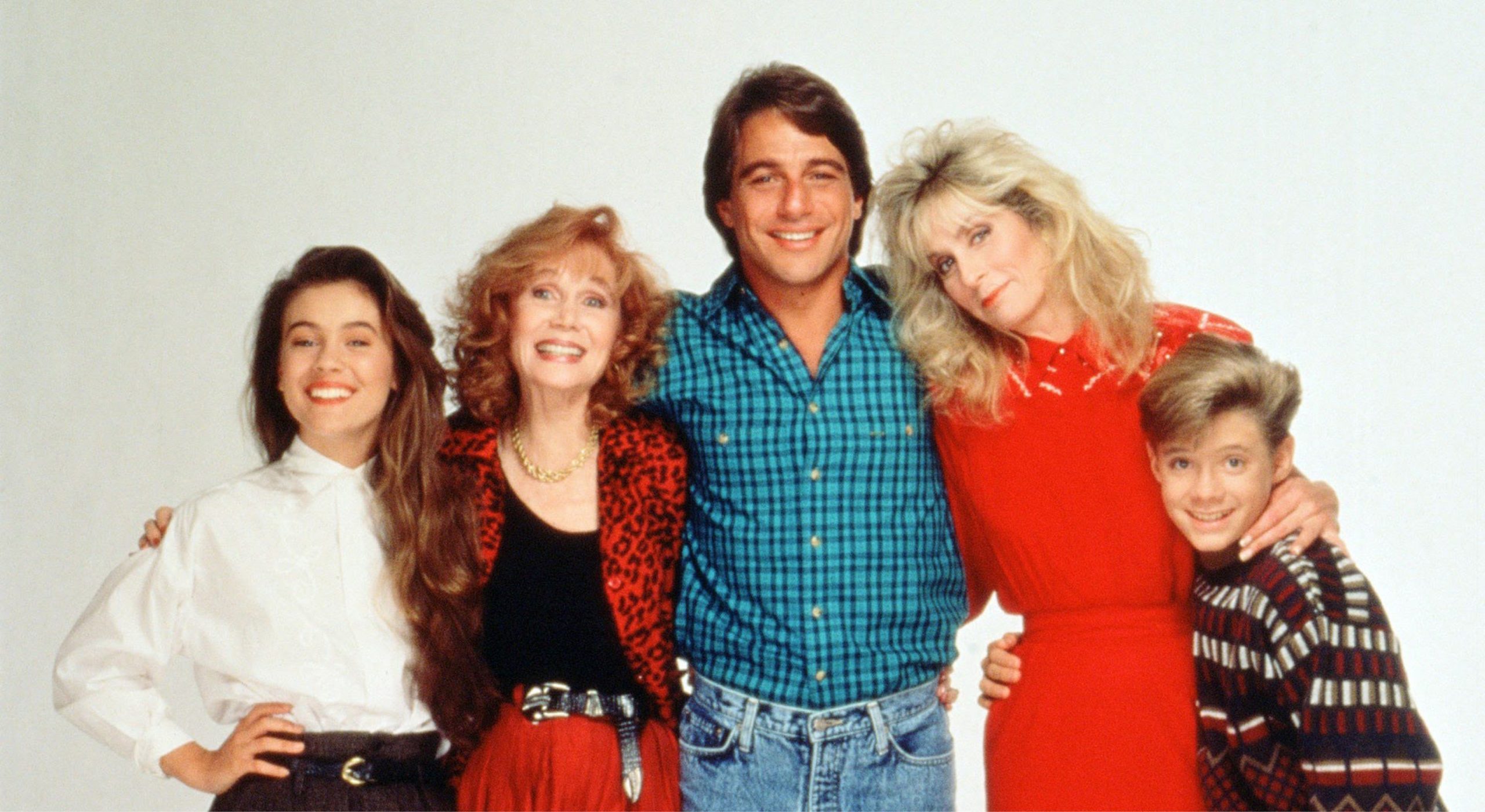
Another benefit? The opportunity – if you have the resources – to rethink your life and career. Carrie Kwan, the founder of networking group Mums & Co, points out that around one in six Australian businesses are run by women with children, with 32 per of businesses launched while on women were on maternity leave. Many run businesses that aim to address motherhood-specific issues, and 77 per cent say that they are happier as a result of starting their business.
Increasingly, she says networking groups like hers are replacing the old boys networks. “[Working mothers] have this innate sense that we want to help each other. [Other working mothers] know how challenging it is, and will support other business mothers as well.”
Of course, it’s not just mothers’ and employers’ happiness at stake. Fortunately the effects on children appear to be broadly positive (although factors such as when mothers return to work do play a role). One major Harvard University study – using data from 24 countries, found that daughters of working mothers enjoy better careers, higher income and more equal relationships later in life. In the past, when I’ve read these types of studies in isolation – say in a short news story – they have seemed like a mildly desperate attempt to justify working motherhood. But, together, they paint a reassuringly positive picture.
It’s one that’s sorely needed, says Dr Greenberg, who is increasingly seeing 20-something women worrying about the difficulties of combining their career and young children, years before they reach this stage. “They want to talk to about how they position themselves [at work in preparation for motherhood] or when’s the ideal time to have a family? I don’t think previous generations thought about those questions so much.”
Working mothers want to help one another
Without maternal optimism and positive examples of working motherhood, she says, young women may be inclined to make overly conservative decisions about their careers. “Too often we see women saying,’Oh, I don’t want to go to that company because I hear it’s a bad place for working families.’ In your 20s and 30s, the key is to keep building your career, whatever that looks like. Jobs are changing and shifting, and the more intellectual and social capital you have in a job, the more we see women having the strength and ability and power to negotiate the terms they want.”
What women need now is confidence that the path they have chosen is the right one, says Dr Greenberg. After all, today nearly two-thirds of Australian mothers with children aged under 15 are employed, so negativity around working motherhood (not to mention the stubbornly persistent notion that the very best mothers don’t work outside the home, and instead devote 110 per cent of their time and attention to their children) is at best outdated and at worst, damaging.
The more intellectual and social capital you have in a job, the more power you have to negotiate
“In our research, and in our ongoing conversations and teaching with women, we know there is no ‘one way’ to do working motherhood. We want to provide women with stories, examples, as well as research and data, to get them more confident about owning and creating their own path – and about all the joy and the optimism that can come from that.”
Which seems like a good opportunity to mention the other words that my friends used to describe working motherhood. “Clarity” said one. “Empowered,” said another. “A good example” said a third. And my personal favourite “crazy-love”. Forget “tiring” and “chaotic”. In years to come, it’s the word “crazy-love” that I hope to use when describing this crazy time of life as a working mum.




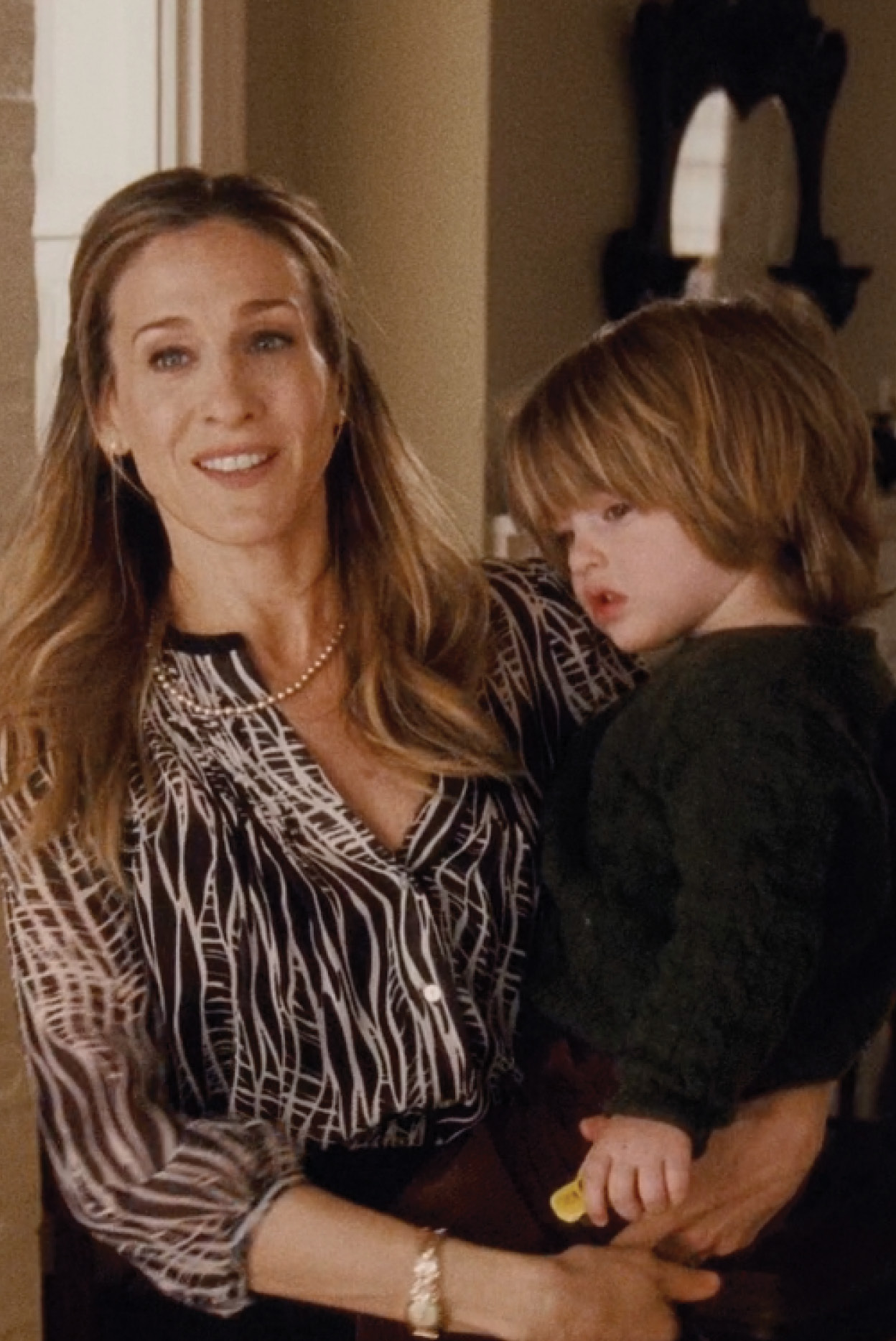
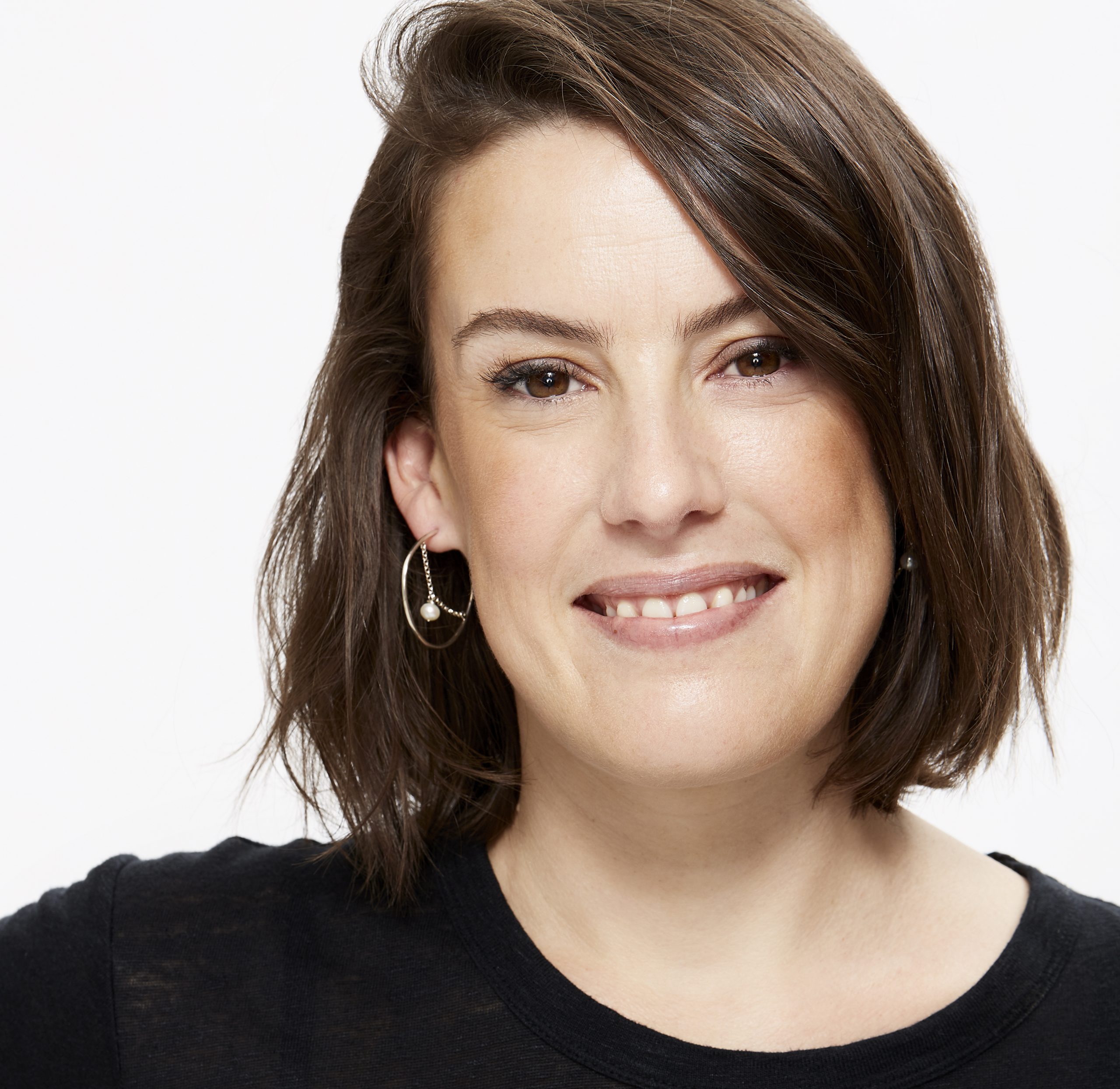




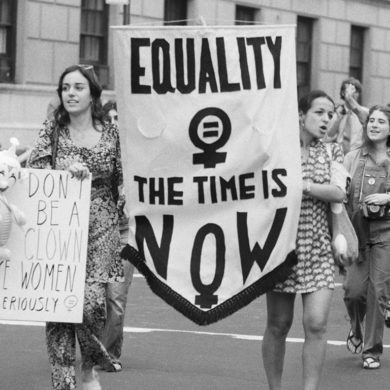
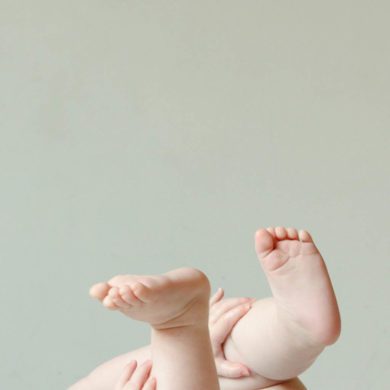


No Comments